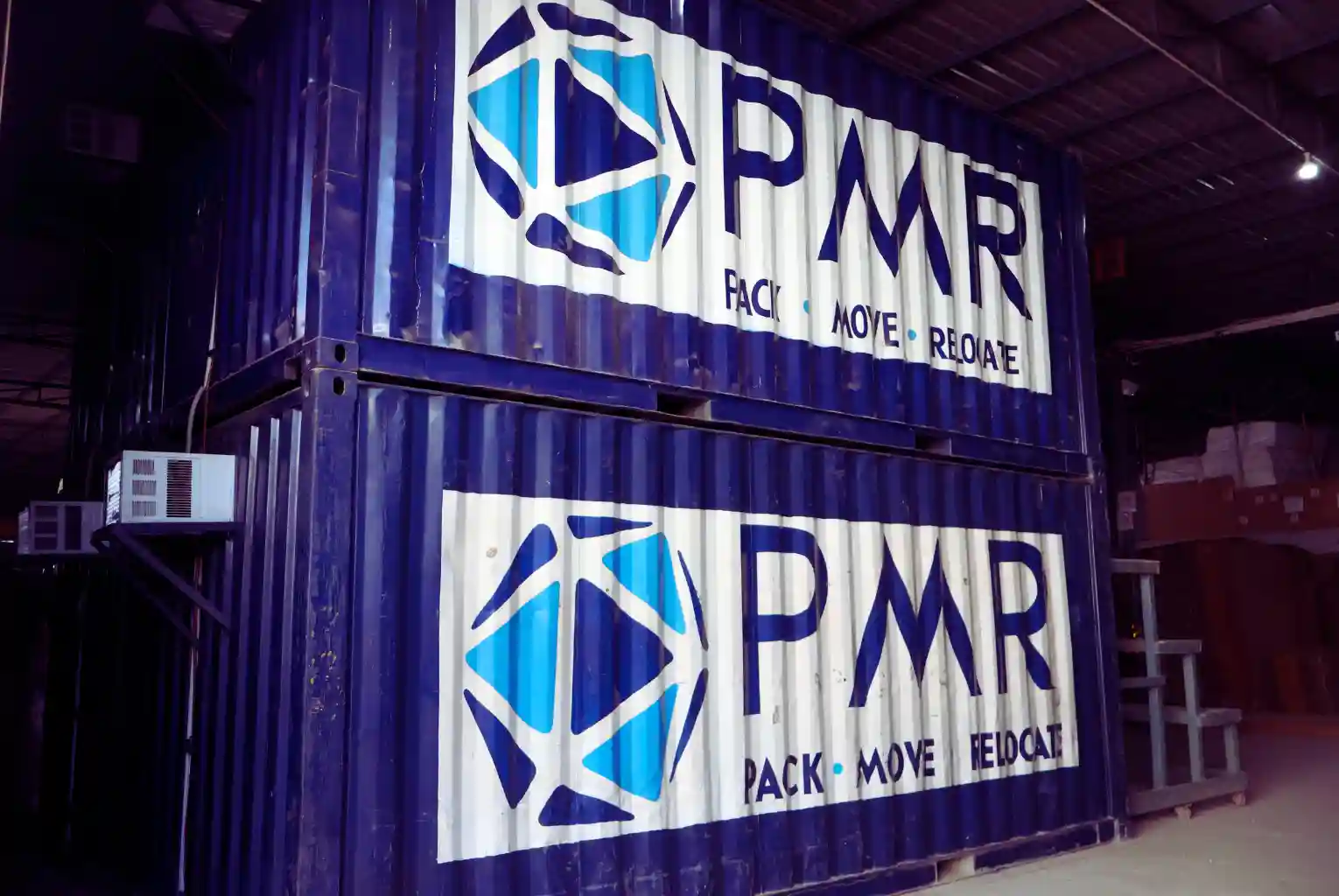A COMPREHENSIVE GUIDE TO WORK VISAS AND RESIDENCY PERMITS

Introduction
What Are Work Visas and Residency Permits?
Both documents are critical for professionals planning to work abroad, as they determine legal employment status and residency rights. Understanding their distinctions and application procedures can make the transition smoother.
Types of Work Visas
- Skilled Worker Visa: Given to professionals with higher qualifications and experience.
- Temporary Work Visa: Used for temporary working contracts or temporary work.
- Expat Visa: For workers moving with multi-national companies.
- Visa Sponsorship: Implies an employer sponsoring the foreign applicant's legitimate work status.
Requirements and Process for Application of a Work Visa
- Sponsorship & Job Offer: Various work visas require a confirmed job offer from a sponsor employer who is willing to sponsor the visa.
- Visa Application Submission: Applicants are required to submit a completed visa application form accompanied by supporting documents.
- Qualification Documentation: Some visas require documentation of work experience, education, or industry certifications.
- Health and Background Checks: Medical checkups and background checks are required by most countries.
- Visa Processing Time: Application processing time varies from weeks to months based on the visa category and country.
- Approval & Entry: Once approved, the applicants receive their work visa and can relocate according to their employment contract.
Residency Permits and Permanent Residency
- Temporary Residency: Issued for work, study, or business purposes with renewal options.
- Permanent Residency: Allows continuous dwelling and working and can also initiate twin residency.
Work Visa Renewal and Extension
Common Work Visa Issues
- Long Processing Times: Some visas take months to process, delaying the start of employment.
- Eligibility Criteria: Stringent educational, financial, or professional experience requirements might be imposed by nations.
- Dependence on Employers: Some visas are employer-specific, meaning job changes mean seeking a new visa.
- Tight Quota Restrictions: Certain countries impose quotas on specific types of visas, making them hard to obtain.
Picking the Right Country to Work and Live In
- United States: Offers different kinds of visas, including the H-1B for professionals.
- United Kingdom: The Skilled Worker visa is one widely used pathway by professionals.
- Canada: Offers work permits with a connection to permanent residency.
- Australia: Offers visas under a points system for immigration.
- European Union: The work visa EU system allows professionals to work in Schengen countries.
How PM Relocations Can Help
For personal assistance for your international move, call PM Relocations now!
Our Blogs

WHY SUCCESSFUL RELOCATION DEPENDS MORE ON RELOCATION PLANNING THAN DISTANCE
Successful relocation is rarely defined by distance—it’s driven by effective planning. From choosing the right storage solutions to coordinating warehouse timelines, smart relocation planning helps protect your belongings, reduce delays, and ensure a seamless transition. Whether it’s short-term storage or long-term warehousing, organized logistics play a critical role in making any move successful.

WHY YOUR BELONGINGS DESERVE A PAUSE: RETHINKING STORAGE AND WAREHOUSING SERVICES DURING RELOCATION
Relocation is not always a seamless door-to-door journey. Delayed handovers, international transit schedules, temporary housing, or sudden changes in plans often create a gap between moving out and moving in. During this uncertain phase, professional storage and warehousing services provide a safe, controlled environment for your belongings. From short-term holding to long-term storage, these solutions ensure your household goods remain protected, organized, and ready for the next step of your relocation—without adding stress to an already complex move.

WHY INTERNATIONAL RELOCATION TIMELINES OFTEN SLIP — AND WHAT YOU CAN DO TO STAY ON TRACK
International relocation timelines often look straightforward on paper—but reality tells a different story. Visa approvals, customs regulations, documentation gaps, port congestion, and coordination between multiple service providers can easily cause unexpected delays. Even small oversights early in the planning stage can snowball into weeks of disruption. This blog breaks down the real reasons why international relocation timelines slip and, more importantly, outlines practical steps you can take to anticipate risks, plan smarter, and keep your global move moving forward without unnecessary stress.



